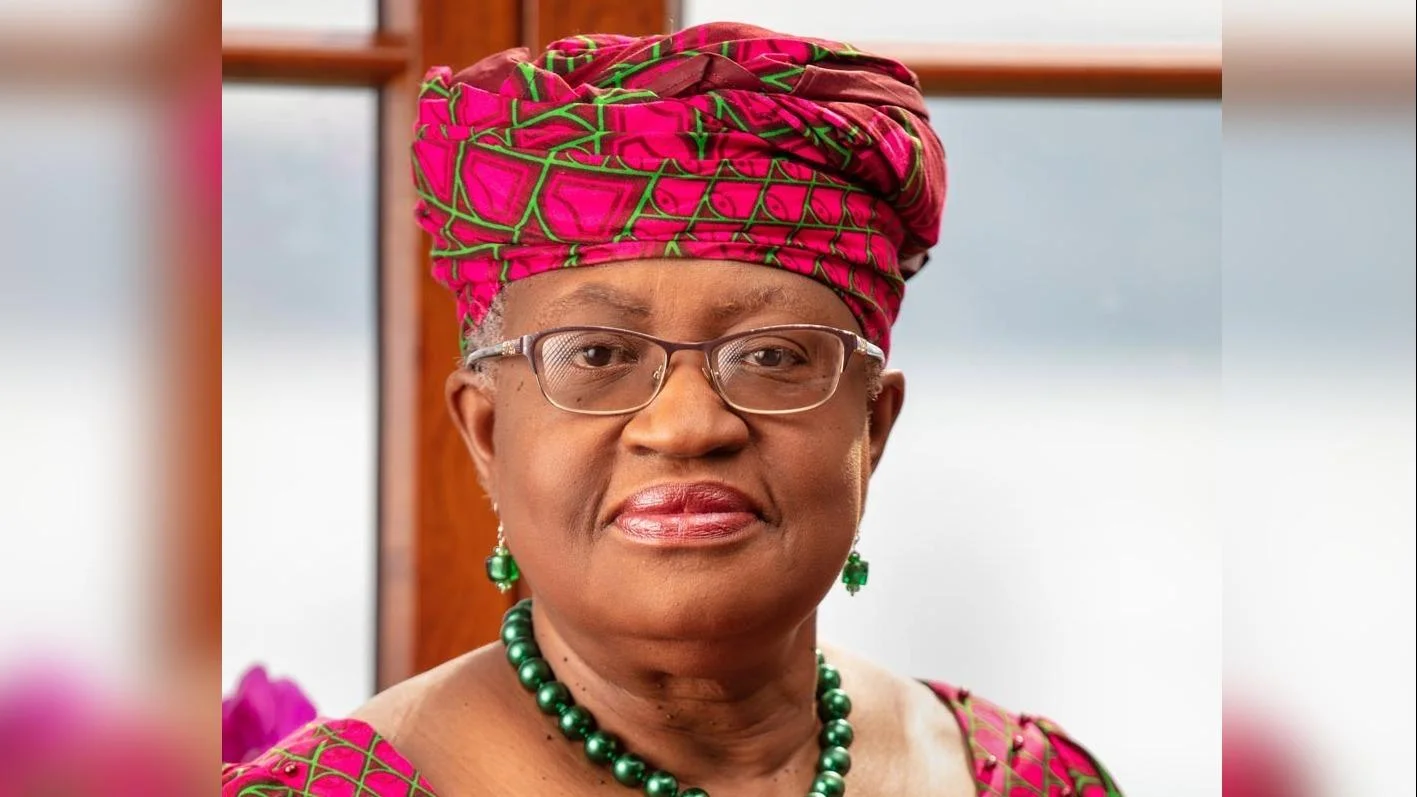The World Trade Organization (WTO) General Council convened to discuss a range of pressing issues, including ongoing reforms, trade tensions, and the future direction of the multilateral trading system. The meeting began with a moment of silence in memory of Carlos Perez del Castillo, former Ambassador of Uruguay to the WTO.
Director-General Ngozi Okonjo-Iweala addressed members as chair of the Trade Negotiations Committee. She noted widespread calls for reform: "The cry for a rethink of the WTO and reforms … is palpable." She emphasized that while the organization is not perfect, it provides "important tools that are worth preserving." Okonjo-Iweala added that members must also confront challenges facing the organization and consider how to adapt to new opportunities in areas such as services, artificial intelligence, and digital transformation. "There is an expectation that this organization will modernize more with the times," she said.
Following up on mandates from previous ministerial conferences—including instructions at MC13 for continued review—Ambassador Petter Ølberg reported on efforts to advance WTO reform. He highlighted active engagement among members but acknowledged differing views on substantive issues. Discussions are being structured around governance, fairness, and contemporary challenges. On key topics like decision-making and development, Ølberg said: "The reform that everyone claims to support cannot succeed unless some are prepared to cede a portion of national interest for the common good. That is what leadership demands."
Over 50 delegations expressed their commitment to an inclusive reform process centered on development considerations. The United Kingdom shared outcomes from a recent conference at Wilton Park focused on WTO reform; participants included Director-General Okonjo-Iweala and representatives from across membership.
Ambassador Richard Brown provided an update on electronic commerce discussions. While no new proposals were submitted since July, he reported strong support for continuing both the Work Programme on E-Commerce and the moratorium on customs duties for electronic transmissions—though some members opposed extending it due to revenue concerns.
On investment facilitation for development (IFD), consensus was again not reached regarding incorporation into Annex 4 of the Marrakesh Agreement establishing the WTO. Chile reiterated its urgency but three members maintained reservations while expressing willingness for further dialogue.
Brazil introduced debate over rethinking rules underpinning global trade amid current tensions and technological changes. Brazil suggested exploring middle-ground approaches involving voluntary negotiations among interested members alongside existing rules. China called again for collective action under its “Stability, Development and Reform” approach; several supported this intervention while one member questioned China's adherence to these principles.
The European Union briefed members about ongoing sessions examining industrial policy financing and minimizing negative spillovers—a topic described as increasingly significant within international trade discussions.
In agriculture, Brazil summarized efforts toward integrating sustainability into WTO disciplines without causing unnecessary restrictions or weakening anti-poverty measures. Members welcomed thematic discussions but some cautioned against launching separate dialogues so close to MC14.
Development-related matters included renewed proposals by The Gambia (for LDCs) seeking extended flexibilities during transitions out of least-developed status due to associated economic challenges.
Finally, Saudi Arabia announced its intention to host MC15 following Cameroon’s hosting duties at MC14 scheduled for March 2025.

